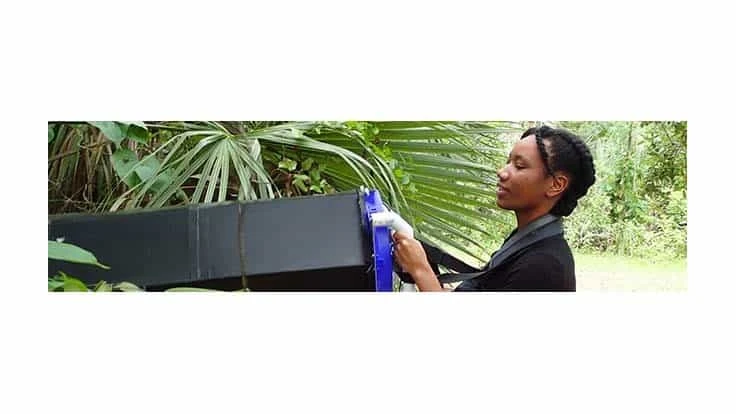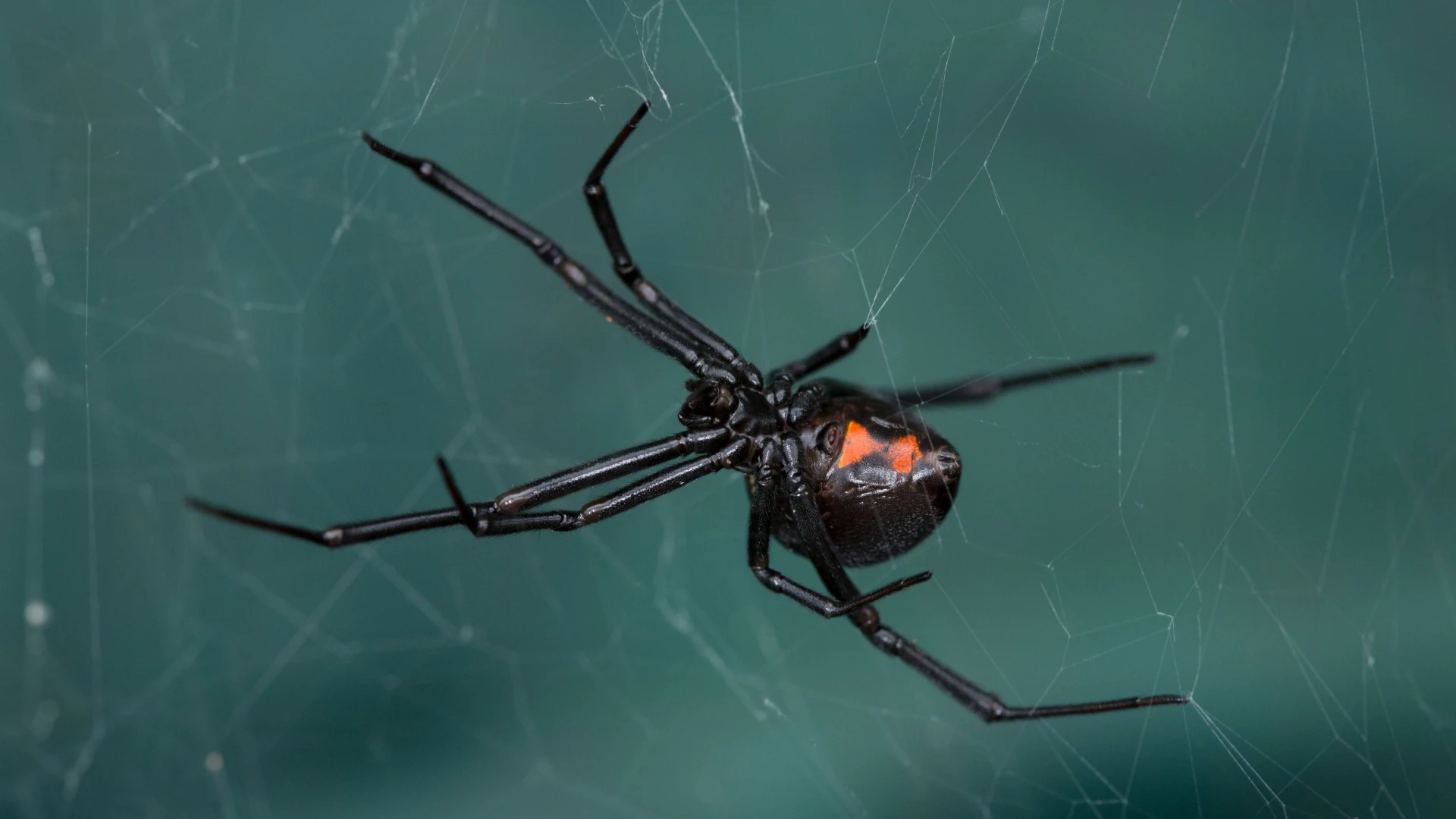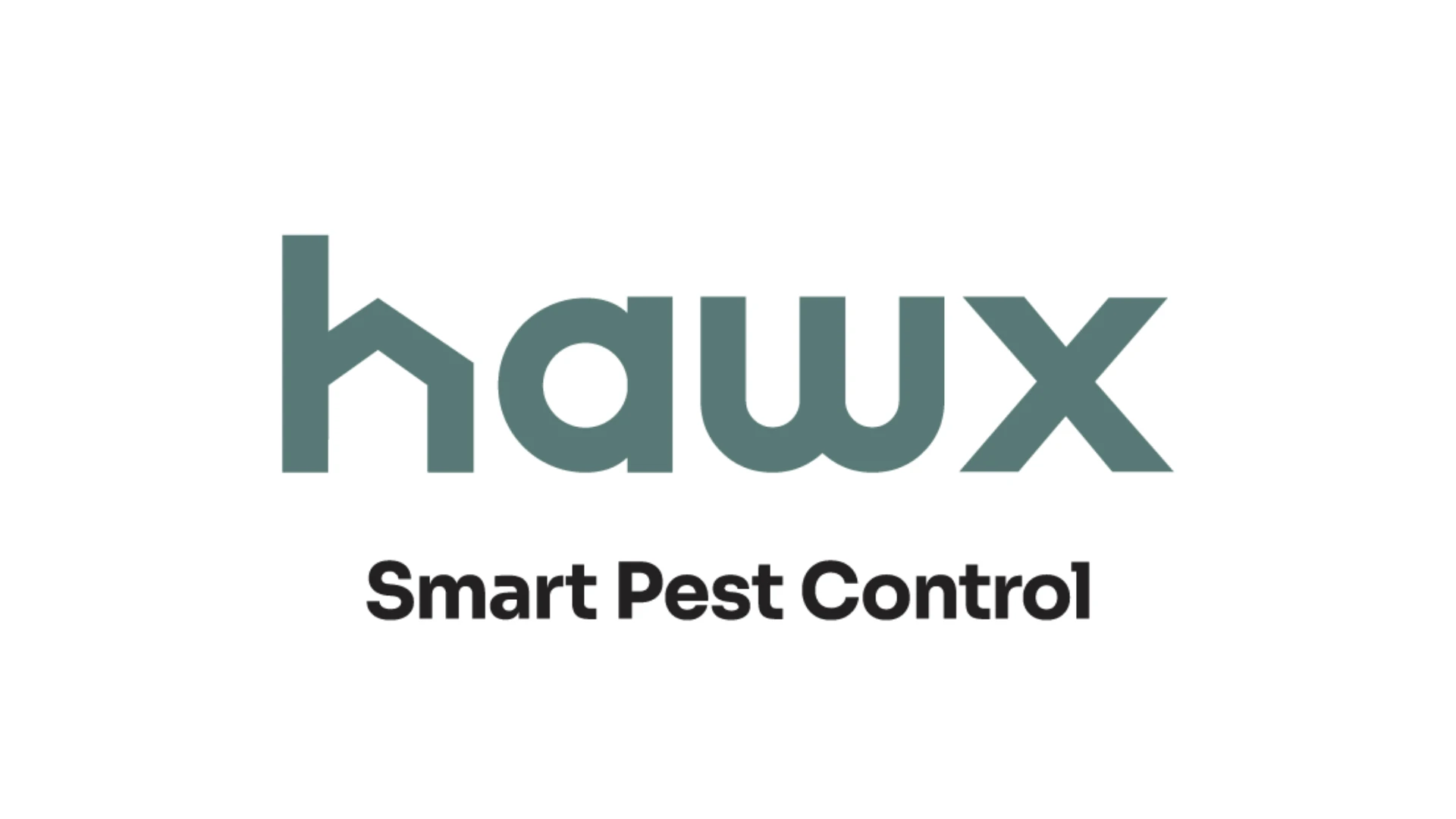
VERO BEACH, Fla. - In a newly published paper, Mosquito Control Priorities in Florida – Survey Results from Florida Mosquito Control Districts, scientists at the UF/IFAS Florida Medical Entomology Laboratory (UF/IFAS FMEL) shed light on the variety of understudied mosquito species throughout the state that are the focus of Florida’s mosquito control districts. The survey serves as real-time reference of the multitude of species priorities set and control methods conducted in communities across the state. In the battle against the spread of mosquito-borne illnesses, scientists see this as a key takeaway. The survey reveals a knowledge gap and a need for districts to align mosquito-control strategies.
The data show each district’s priority species for control, particularly those that are largely understudied compared to well-known disease vectors such as Aedes aegypti.
“We find it likely that other regions, particularly those with a similar ecological setting and diversity of mosquito species throughout Florida, might face similar issues of understudied species as control priorities,” Lee said. “Comparing priorities and approaches between regions may illuminate differences in mosquito control decision-making and yield insight into intervention efficacy, and behavioral, phenotypic or genetic differences of mosquito populations between regions.”
During fall 2020, scientists at UF/IFAS FMEL initiated the survey across Florida’s mosquito control districts to collect baseline data on the current control priorities relating to priority control species, common adult and larval control methods and major research questions that will improve their control and surveillance programs.
The survey data showed that 17 mosquito species were considered priority control targets, with many of these species being understudied. The most common control approaches included truck-mounted ultra-low-volume adulticides and biopesticide-based larvicides.
Among other key survey takeaways:
Latest from Pest Control Technology
- Massey Services Opens New Commercial Service Centers in North Carolina, Tennessee and Texas
- Rodenticides at the Crossroads as PCOs Head to Capitol Hill
- Eighteen Entomologists Earn ESA Certifications in January 2025
- Worker Ants Establish Foraging Arenas in the Spring
- Georgia Pest Control Association Hosts 2025 Winter Conference
- WorkWave User Conference Showcases Technology for Business Growth, Employee and Customer Retention
- Mahar Joins Cetane Associates as Manager of Administration
- Dr. Kathy Heinsohn Accepts Osmun Alumni Award at Purdue University





